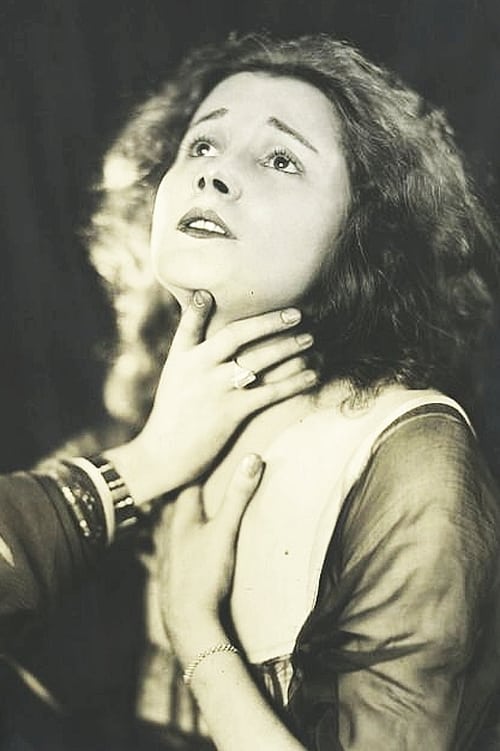Under False Colors (1917)
Gênero : Drama
Runtime : 50M
Director : Émile Chautard
Sinopse
A young Russian woman escapes persecution in her country and makes her way to the United States. Shortly after her arrival she meets an American millionaire, John Colton.
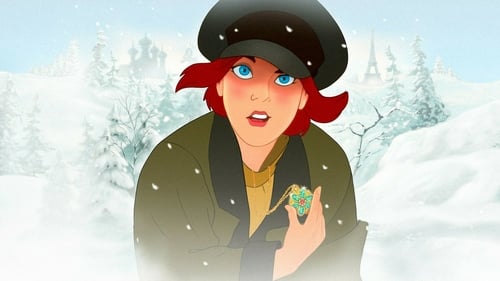
Aparentemente o Czar e toda a sua família morreram durante a Revolução Russa, mas após alguns anos surge um boato de que a Princesa Anastasia teria sobrevivido. Como sua avó, a grã-duquesa imperial que vive em Paris, ofereceu uma recompensa de 10 milhões de rublos para quem encontrasse sua neta, apareceram várias "Anastasias" sonhando ficar com a recompensa. Em Moscou, Dimitri e Vladimir se esforçam para encontrar uma jovem que se aparente com a princesa desaparecida e, assim, possam ganhar a recompensa. Quando estão quase desistindo encontram Anya, uma jovem órfã que não se lembra do seu passado mas tem tudo para se fazer passar por Anastasia. Assim, começam a ensaiá-la e rumam para Paris, mas gradativamente Dimitri passa a acreditar que Anya é realmente a princesa desaparecida e isto lhe parece atr, pois está apaixonado por ela e sabe que nunca permitirão que um plebeu se case com alguém da realeza.
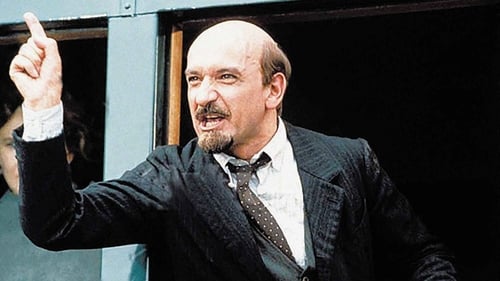
March/April 1917. The first world war is already a couple year to pace. A sealed train with Russian emigrants keeps on driving from Zürich Germany and Sweden to Sint-Petersburg. The outlaws stand under the guidance of Vladimir J. Lenin. Two senior officers support the revolutionary bomb "to ensure that everything runs smoothly. Yet there are some unpleasant clashes between Socialists and enthusiastic workers who are worried about the war. During train travel there comes an end to Lenin's affair with the gracious Inessa, and his wife Nadja is prepared take back him. The triumphant entrance in St. Petersburg will exceed all expectations....
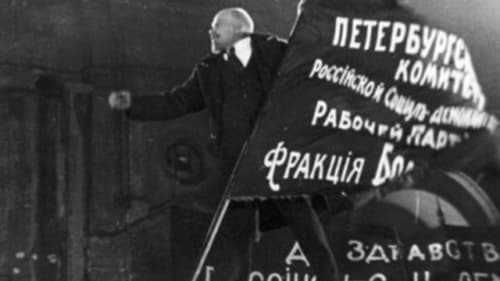
Em tom de documentário, o filme recria acontecimentos em Petrogrado, na Rússia, desde o fim da monarquia, em fevereiro de 1917, até o fim do governo provisório em novembro do mesmo ano.
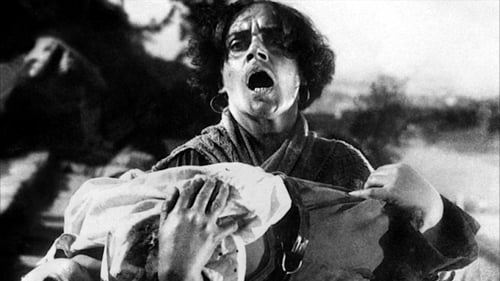
Em 1905, na Rússia czarista, aconteceu um levante que pressagiou a Revolução de 1917. Tudo começou no navio de guerra Potemkin quando os marinheiros estavam cansados de serem maltratados, sendo que até carne estragada lhes era dada com o médico de bordo insistindo que ela era perfeitamente comestível. Alguns marinheiros se recusam em comer esta carne, então os oficiais do navio ordenam a execução deles. A tensão aumenta e, gradativamente, a situação sai cada vez mais do controle. Logo depois dos gatilhos serem apertados Vakulinchuk (Aleksandr Antonov), um marinheiro, grita para os soldados e pede para eles pensarem e decidirem se estão com os oficiais ou com os marinheiros. Os soldados hesitam e então abaixam suas armas. Louco de ódio, um oficial tenta agarrar um dos rifles e provoca uma revolta no navio, na qual o marinheiro é morto. Mas isto seria apenas o início de uma grande tragédia.

Ambientado antes e durante a Revolução Bolchevique na Rússia, conheça a história do doutor Yury Zhivago, que em plena guerra se viu apaixonado pela bela Lara Antipova, o amor impossível que move toda a história. Baseado na obra de Boris Pasternak, vencedor de 5 Oscar, incluindo Fotografia e Roteiro Adaptado.
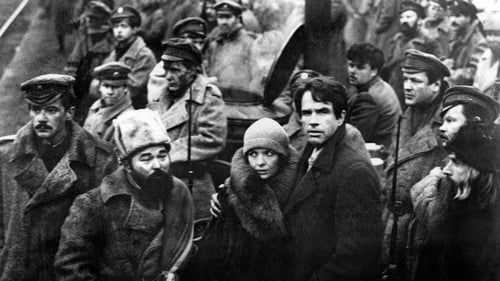
Um pouco antes da Primeira Guerra Mundial John Reed (Warren Beatty), um jornalista americano, conhece Louise Bryant (Diane Keaton), uma mulher casada, que larga o marido para ficar com Reed e se torna uma importante feminista. Eles se envolvem em disputas políticas e trabalhistas nos Estados Unidos, e vão para a Rússia a tempo de participarem da Revolução de outubro de 1917, quando os comunistas assumiram o poder. Este acontecimento inspira o casal, que volta aos Estados Unidos esperando liderar uma revolução semelhante.
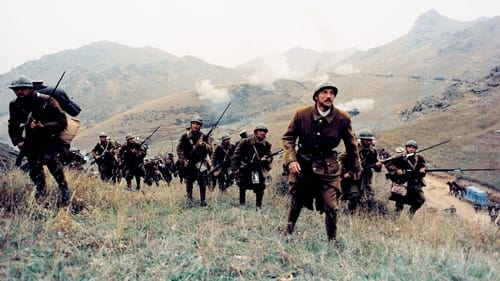
The last days of World War I, Eastern front. Captain Conan, a lone wolf, a true warrior, leads a band of ruthless French fighters who love hand-to-hand combat; they are not fit for peacetime, they only feel really alive in the chaos of the battlefield.
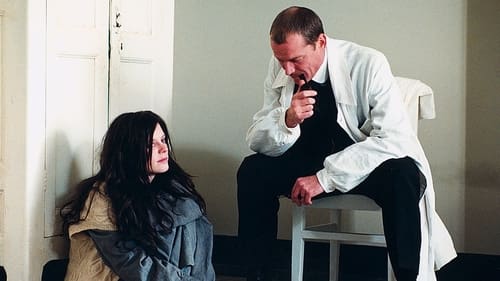
Zurich, 1905. 19-year-old Russian Sabina Spielrein is put by her parents in a psychiatric hospital, suffering from a severe form of hysteria and refusing to eat. A compassionate doctor, Carl Gustav Jung, takes her under his care and, for the first time, experiments with the psychoanalytical method of his teacher Sigmund Freud. Thus is born a sweeping story of love and passion, of body and soul, soaring to the utmost heights, but also plunging to the darkest depths of the 20th century.

Old Prof. Preobrazhensky and his young colleague Dr. Bormental inserted the human's hypophysis into a dog's brain. A couple of weeks later, the dog became "human looking". The main question is "Is anybody who is looking like a man, A REAL MAN?"
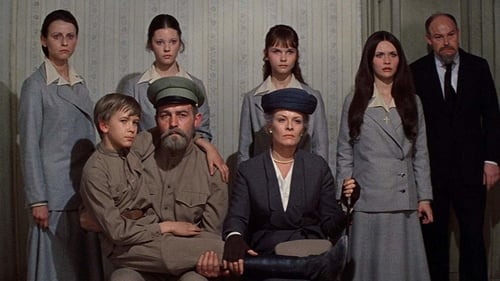
Tsar Nicholas II, the inept last monarch of Russia, insensitive to the needs of his people, is overthrown and exiled to Siberia with his family.

Lupin III junto com sua gangue quer roubar o tesouro perdido da família real Romanov, este tesouro é uma imensa quantidade de esconder ouro subterrâneo nos Estados Unidos atrás da colocação de um banco corrupto. Mas para ter o ouro, Lupin e seus amigos terão que lutar por ele com o misterioso e poderoso monge Rasputin. Também Lupin novamente terá que escapar do inspetor Zenigata que seguirá o rastro de Lupin e tentará colocá-lo na prisão.

A short film made by Yuri Norstein for the 60th anniversary of the October Revolution, The 25th - the First Day recounts that day using art from the revolutionary period.
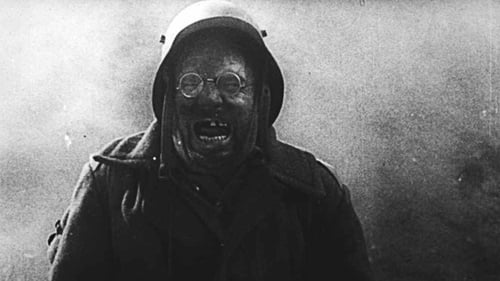
Imagens mostram a devastação que a Primeira Guerra Mundial causou aos ucranianos.

Dziga Vertov-directed Soviet newsreel covering: The opening of an electric generating station / Trial of the Socialist Revolutionaries.

Story of Anna Anderson, who claimed to be Anastasia Romanov, the only surviving daughter of the Czar and Czarina of Russia.
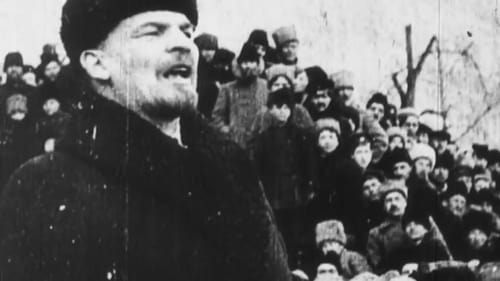
A documentary film account of the Russian Revolution, based on archival footage.
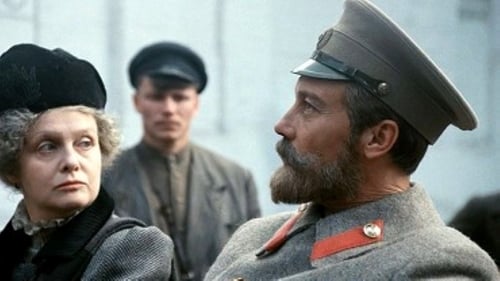
A new doctor from Moscow arrives at a provincial mental institution. His interest is the peculiarities of the psyche of a patient who believes that he is Yakov Yurovsky, the man who assassinated the last Russian tsar. In the course of their conversations it transpires that the patient is a kind of philosopher, not without a gift for suggestion. In a while the doctor himself falls under his patient’s influence: he tends to relive that fatal night of June 16-17, 1918 when, without any investigation or trial, Tsar Nicholas II, who had recently abdicated, was murdered, together with his wife, daughters and incurably ill heir. Soon the doctor realizes that the tragedy of the last Russian tsar is in part his own tragedy, too...

Dziga Vertov-directed Soviet newsreel made to commemorate the first anniversary of the death of Vladimir Ilich Lenin (21st January 1924 - 1925) drawn from 'The Final Journey', a Pravda feuilleton written on the occasion of Lenin's funeral by the man who had introduced Vertov to cinema, Mikhail Koltsov. Contains: First anniversary of Lenin's death: 1. Assassination attempt on Lenin and Soviet Russia's progress under his leadership / 2. Lenin's illness, death and funeral / 3. The year after Lenin's death

Dziga Vertov-directed Soviet newsreel covering: A peasant buys a receiver at the radio shop / Instructions to attach an antenna / A broadcast-station is developed / A concert is broadcast. Though only a third of this final issue of Kino-Pravda seems to survive, there still exists Aleksandr Bushkin’s time-lapse animation and the sequence in which, as Yuri Tsivian describes, “a cross-section of a photographically correct izba (Russian peasant’s log hut) is penetrated by schematically charted radio waves”—a testament to the magical properties and propagandistic uses of radio in reaching out to Russia’s distant peasantry.


